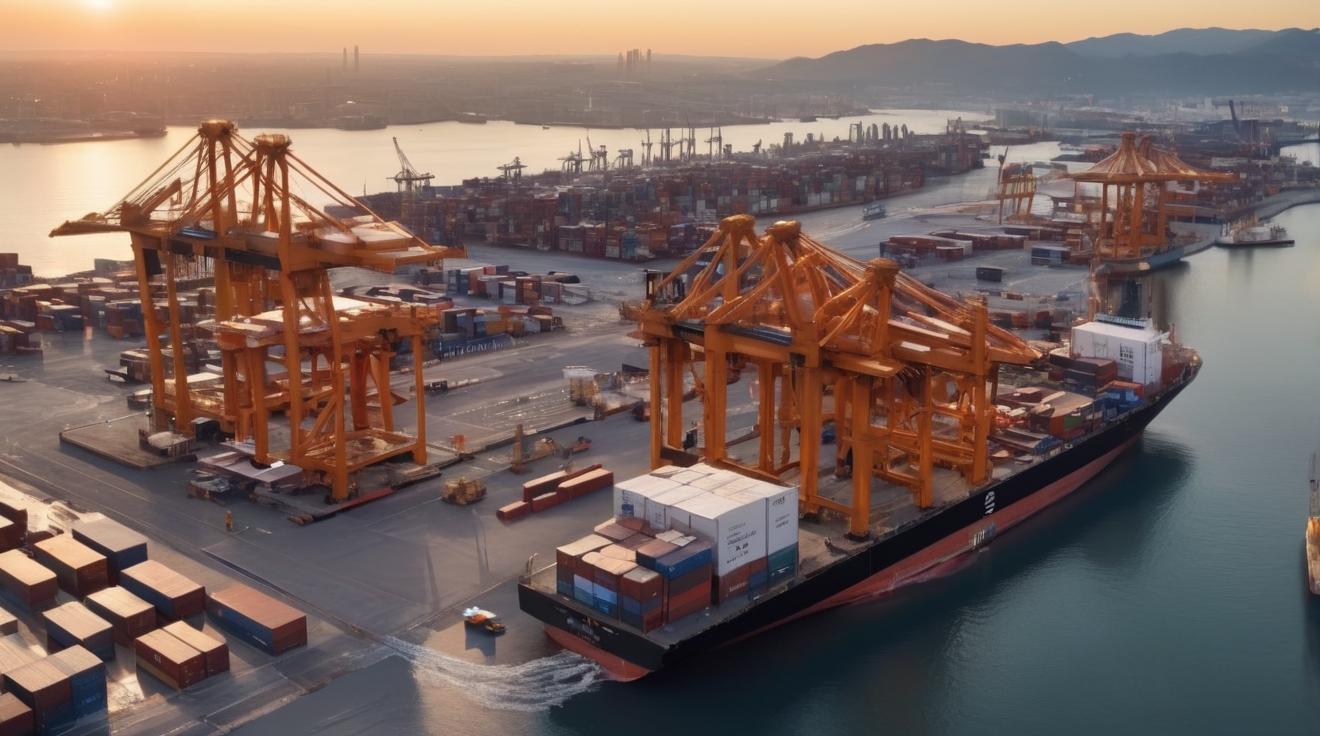HSBC Plans to Tighten Risk Management at Hang Seng Bank Amid Economic Headwinds and China Property Crisis
[Bloomberg] – HSBC announced plans to strengthen risk management at its Hong Kong subsidiary, Hang Seng Bank, in response to concerns over a potential increase in bad loans. This decision comes amidst growing economic challenges and a property sector crisis in China. HSBC's Asia-Pacific risk management discussions will involve closer involvement of Hang Seng's top executives across various banking sectors. The move reflects HSBC's increased focus on Asia and aims to address the financial sector's health in the world's second-largest economy.
Focus on Asia Amid Economic Instability
As China faces economic instability, characterized by a stock market downturn and developer debt defaults, HSBC is ramping up its efforts in Asia. The bank is adopting a proactive approach to mitigate potential risks, with a particular focus on the mainland property sector. Hang Seng Bank has seen a rise in its bad loans ratio due to exposure to the turmoil in this sector since 2021. To combat these challenges, HSBC plans to share risk management expertise and best practices between its Asia-Pacific division and Hang Seng Bank, a strategy expected to be implemented within the year.
Emphasizing Active Risk Management
HSBC underlines the importance of a strong risk culture and active risk management in achieving its strategy, serving customers and communities, and ensuring the safe growth of its business. The bank's CEO, Noel Quinn, had previously stated that HSBC was well provisioned against China real estate losses. Hang Seng Bank, which is majority-owned by HSBC, also highlights its robust risk governance in ensuring its healthy operation. However, the bank declined to comment on the specific efforts to strengthen ties with HSBC for risk mitigation.
Concerns Over Exposure and Resilience
With the Chinese economy slowing down and the local government debt issues exacerbating the ongoing property sector crisis, concerns have arisen regarding the exposure and resilience of foreign financial firms and their affiliates. In light of the challenges faced by other institutions like Standard Chartered, HSBC continues to strive for strong risk management. Hang Seng Bank experienced an increase in its non-performing loan ratio in its 2023 interim earnings, attributed to a decline in the gross loan balance and new bad loan downgrades.
Intensifying Focus on Asia
HSBC has been channeling significant investment into Asia to enhance its market share in banking, insurance, and securities. As Hong Kong and mainland China contribute a significant portion of HSBC's pre-tax profit, these regions remain integral to the bank's overall growth strategy. Hang Seng Bank also derives most of its income from these areas. With the new initiative, Hang Seng's top executives will regularly participate in HSBC Asia Pacific's risk management meetings, fostering prompt identification and mitigation of risks. This collaboration aims to strengthen the risk culture and inform risk-adjusted remuneration.
Addressing Economic Challenges and Regulatory Changes
The closer collaboration between HSBC and Hang Seng is expected to facilitate the sharing of information on regulatory and significant developments in major Asian markets. This sharing of knowledge aims to address the growing economic challenges and rapid regulatory changes in the region. It underscores the need for banks, even those with a limited geographical focus, to broaden their perspective and adapt to the changing landscape. The collaboration between HSBC and Hang Seng is mutually beneficial and ensures both entities stay ahead of potential risks and market developments.
Analyst comment
Positive news: The HSBC plans to tighten risk management at Hang Seng Bank indicate a proactive approach towards mitigating potential rise in bad loans and addressing economic headwinds. The closer collaboration between HSBC and Hang Seng is expected to strengthen risk culture and prompt identification of risks. This initiative will benefit both HSBC and Hang Seng in navigating economic challenges and rapid regulatory changes in Asia. The market is expected to respond positively to this risk management improvement.













